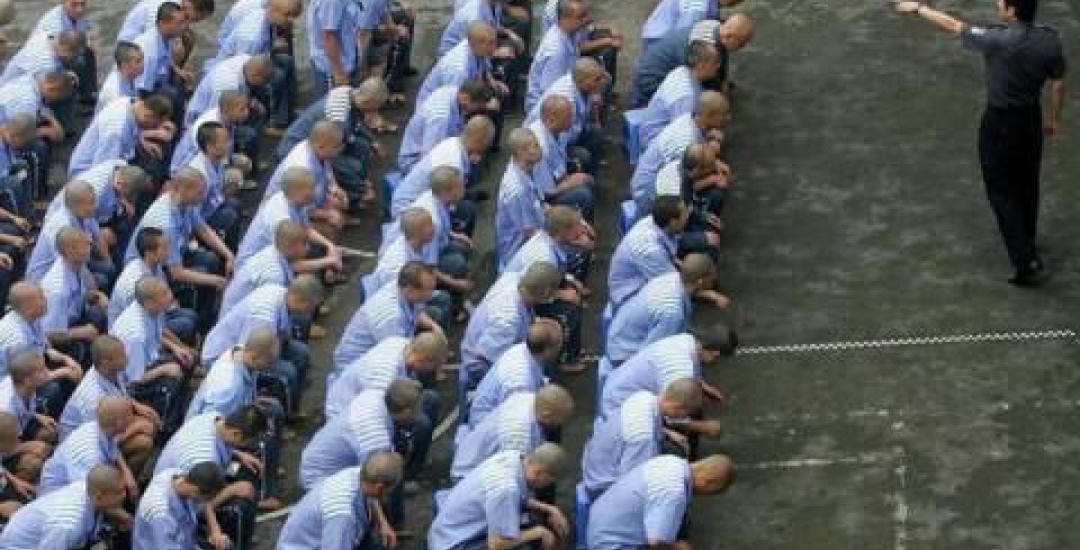
On 10 May 2023, Alkarama submitted an urgent appeal to the UN Working Group on Enforced Disappearances to shed light on the fate of Aimidoula WAILI and Nuermaimaiti RUZE, Chinese citizens of Uyghurs origin, who have been missing since their transfer to the capital Riyadh in March 2023.
Arrested during a religious pilgrimage
The two Uyghurs citizens, usually residing in Turkey, had travelled to Saudi Arabia on 2 February 2020 to perform the "Umrah" pilgrimage but were unable to return to Istanbul where they live with their families due to the outbreak of COVID-19. On 20 November 2020, Saudi police officers broke into the house they were occupying in Mecca and arrested them without providing details of the reasons for their arrests. The two victims were held incommunicado in Dhahban Central Prison in Jeddah (West, Mekkah) in total ignorance of any charges against them.
On 3 January 2022, the Saudi authorities informed them that they would be extradited to China without giving them any explanation. Cut off from the outside world, they were forbidden to communicate with their families and deprived of any possibility of appeal against this decision.
On 13 January 2022, Alkarama addressed the UN Special Rapporteur on Torture for the first time, asking him to urgently intervene with the Saudi authorities to urge them to respect the terms of the Convention against Torture and to refrain from extraditing the two victims to China.
Missing since their transfer
However, the two men were transferred in March to the Saudi capital, Riyadh, for deportation to China. Their respective families, who have received no confirmation of their forced removal or of their current whereabouts, have been unable to obtain any information about their fate. Alkarama has therefore urgently submitted their case to the UN Working Group on Enforced or Involuntary Disappearances in order to have their fate clarified.
Worrying situation of the Uighur
On 31 August 2022, the Office of the United Nations High Commissioner for Human Rights (OHCHR) issued an assessment of human rights concerns in the Xinjiang Uyghur Autonomous Region of China.
The assessment was conducted following serious allegations of human rights violations against Uyghurs and other predominantly Muslim communities brought to the attention of OHCHR and the UN human rights mechanisms since late 2017, including in the context of the Chinese Government's policies and measures to combat terrorism and "extremism".
According to the OHCHR "Two-thirds of the 26 former detainees interviewed said they had been subjected to treatment amounting to torture and/or other forms of ill-treatment."
